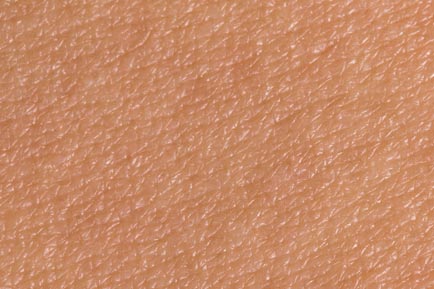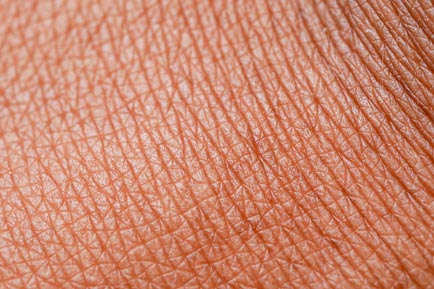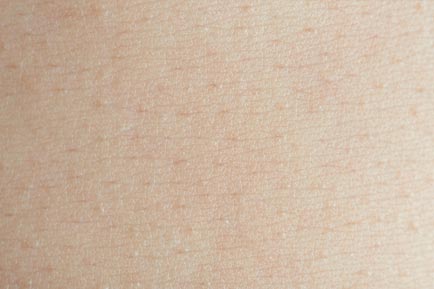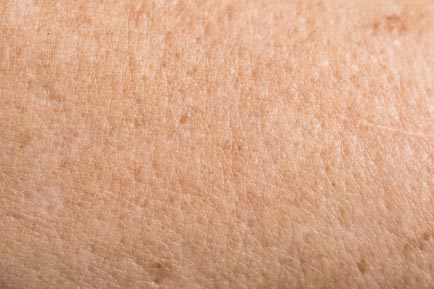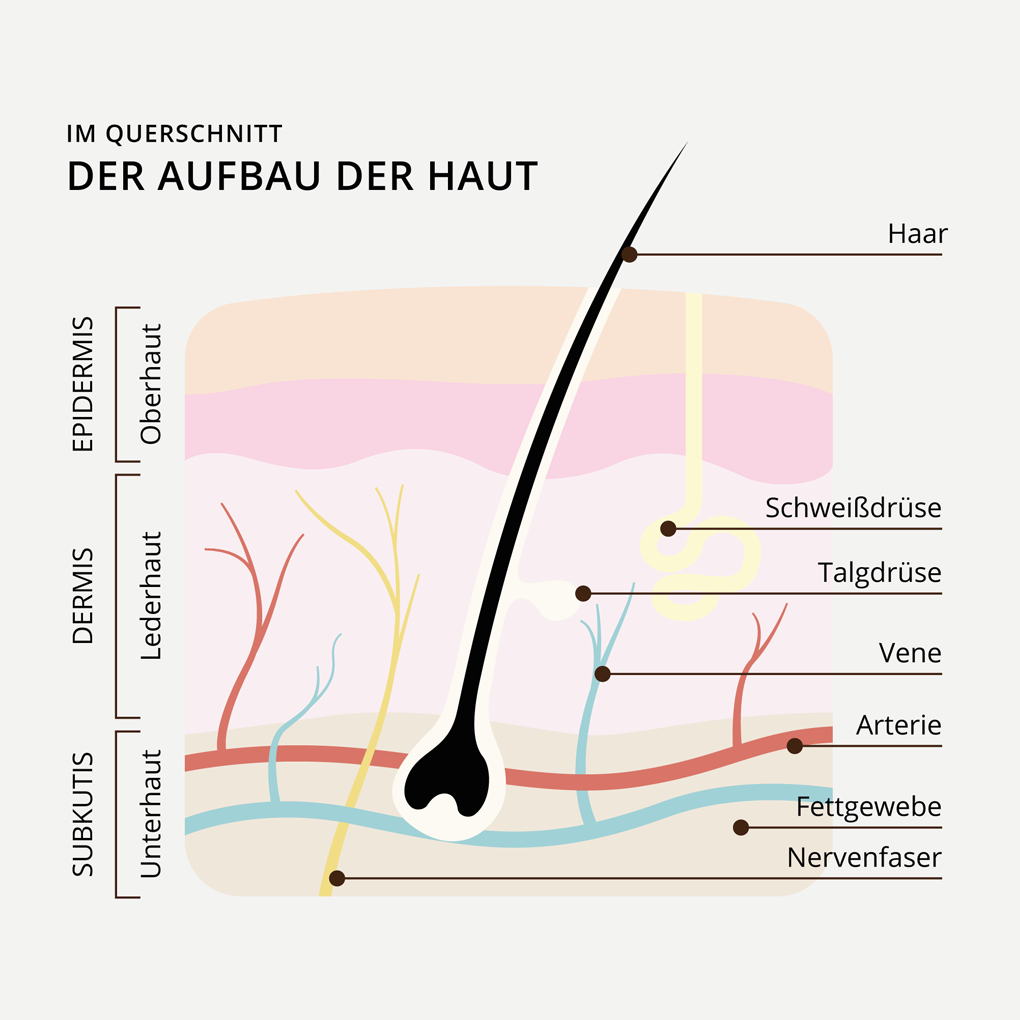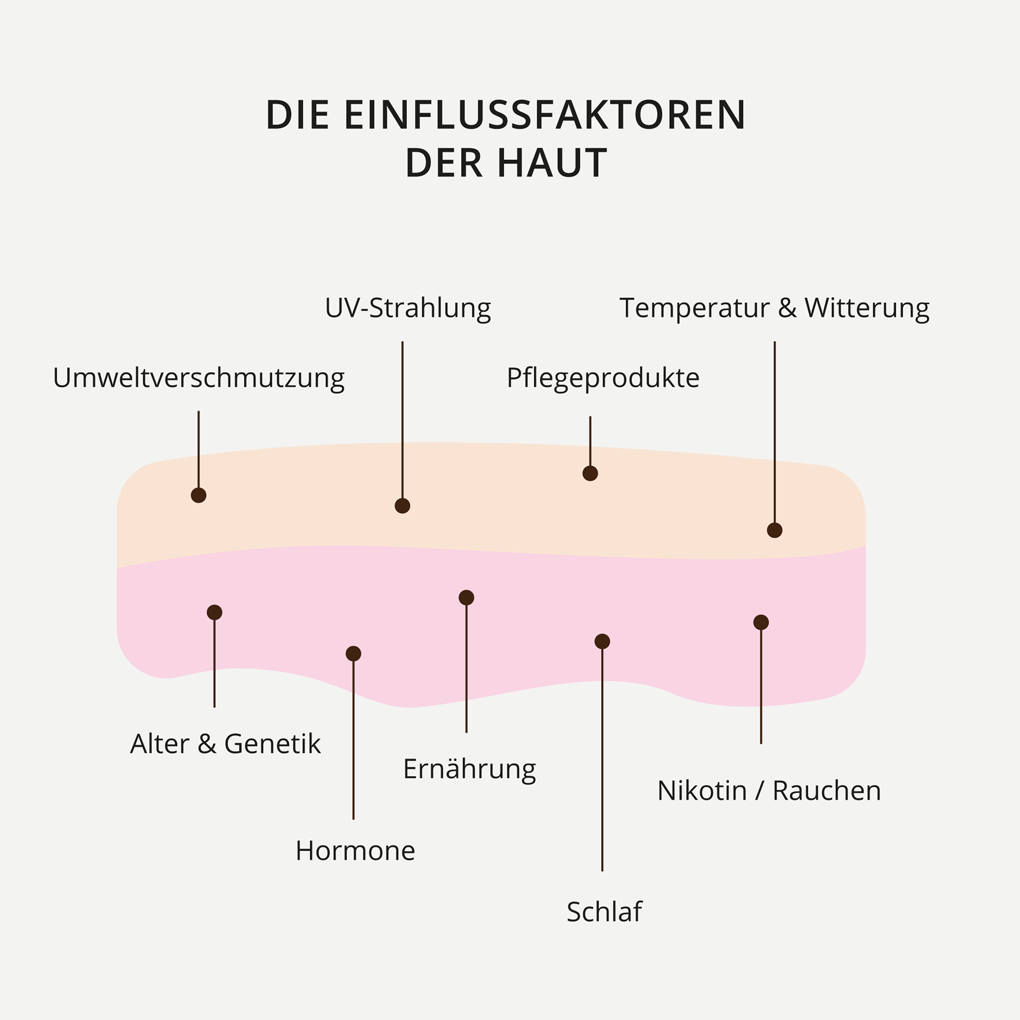To make it easy for you, we have developed a skin advice app with which you can quickly find out more: Answer a few simple questions and you will find out directly which care is right for you.
Die Drops sind super zur normalen Creme zu verwenden. Ich habe sie mit der Hydra Defence Creme gemischt. Leider habe ich die Drops nicht vertragen und Pickel bekommen. Alle andren Sober Produkte nutze ich schon seit Jahren ohne Pickel.
Ich habe schon so ziemlich alle Formen der Nassrasur ausprobiert - vom Rasierhobel mit offenem Kamm über Rasiermesser bis zu den sündhaft teuren Systemrasieren mit ihren mittlerweile unzähligen Klingen auf allen Seiten. Aber so sanft und gründlich wie mit diesem Rasierhobel habe ich mein Barthaar noch nie entfernt. Meine Haut ist nach der Rasur weder gerötet noch irritiert, dafür aber vollkommen glatt. Ich hätte es nicht gedacht, aber dieser Rasierhobel ist schonender und gründlicher als das Messer. Daher kann ich ihn uneingeschränkt empfehlen.
Ich habe dieses Serum aus einer Idee heraus gekauft und liebe es sehr!! Für mich riecht nach Schokolade, aber nach kurzer Zeit gewöhnt man sich sehr daran. Inzwischen nutze ich es jeden Morgen und Kauf es nach sobald es weniger wird!
Zur Wirkung kann ich noch nicht viel sagen, aber bin beeindruckt, dass die Lieferung nach einem Tag erfolgte.
Die Creme riecht fantastisch und fühlt sich gut an auf der Haut....
Der Duft trifft total meinen Geschmack. Wie auch hier in den Bewertungen erwähnt. Der Duft verfliegt zu schnell. Vielleicht kann man da noch ein mal nachbessern.



